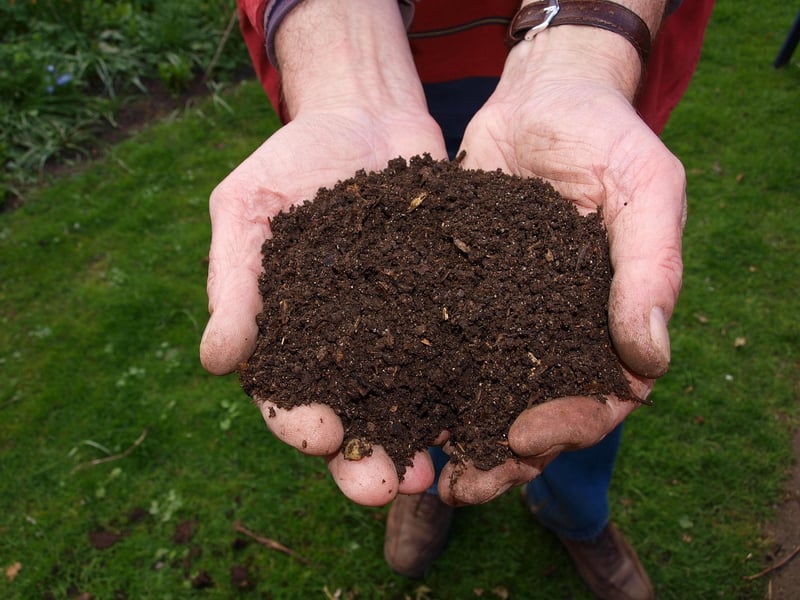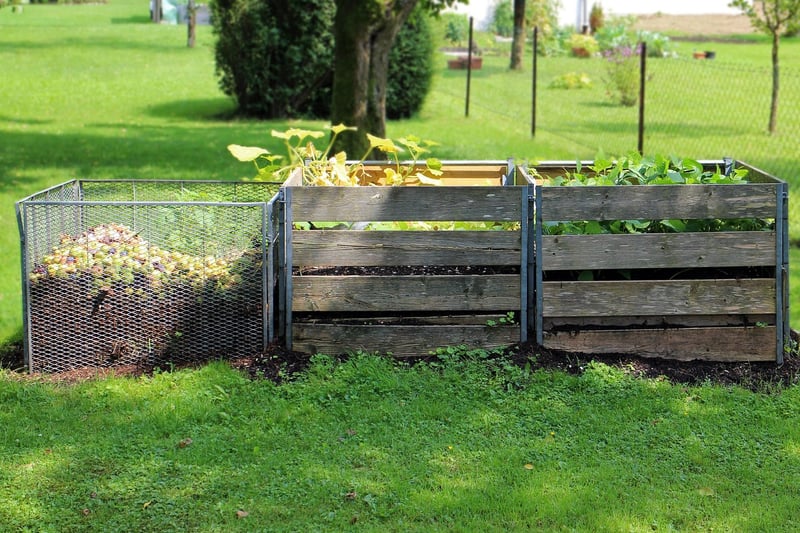DIY Compost Bin
The Ultimate Guide to Sustainable Waste Management and DIY Compost Bin
Introduction to Sustainable Waste Management
Sustainable waste management is a crucial practice to reduce environmental impact and promote a healthier planet. By managing waste sustainably, we can minimize landfill usage, conserve resources, and reduce pollution.
Benefits of Sustainable Waste Management:
- Reduces landfill waste
- Conserves natural resources
- Decreases pollution
- Promotes a healthier environment
- Saves money in the long run
DIY Compost Bin: Turning Waste into Nutrient-Rich Soil
Composting is a simple and effective way to manage organic waste at home. By creating your own compost bin, you can turn kitchen scraps and yard waste into nutrient-rich soil for your garden.
How to Make a DIY Compost Bin:
- Choose a suitable container: You can repurpose a plastic bin, wooden crate, or even build a bin using pallets.
- Drill holes for aeration: To ensure proper airflow, drill small holes in the container's sides and bottom.
- Layer organic waste: Start with a layer of brown materials (leaves, paper) followed by green materials (fruit scraps, grass clippings).
- Turn the compost: Mix the contents regularly to aerate the pile and speed up decomposition.
- Harvest compost: After a few months, your compost will be ready to use in the garden.
Benefits of Composting:
- Reduces methane emissions from landfills
- Enriches soil with nutrients
- Reduces the need for chemical fertilizers
- Promotes healthy plant growth
Conclusion
By incorporating sustainable waste management practices such as composting into your daily routine, you can make a positive impact on the environment while creating nutrient-rich soil for your plants. Start small with a DIY compost bin and watch your waste turn into a valuable resource for your garden!

For more information on sustainable waste management and composting, visit EPA's composting guide.
